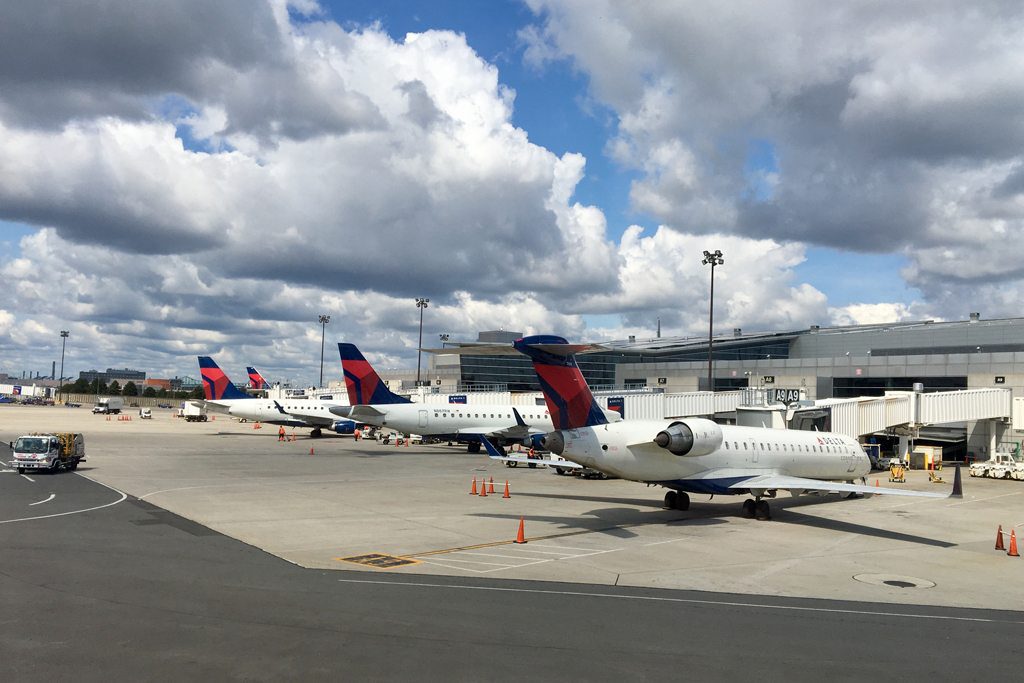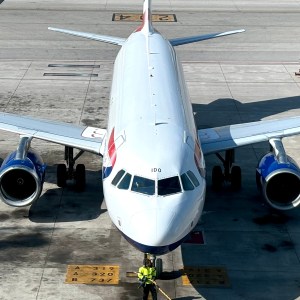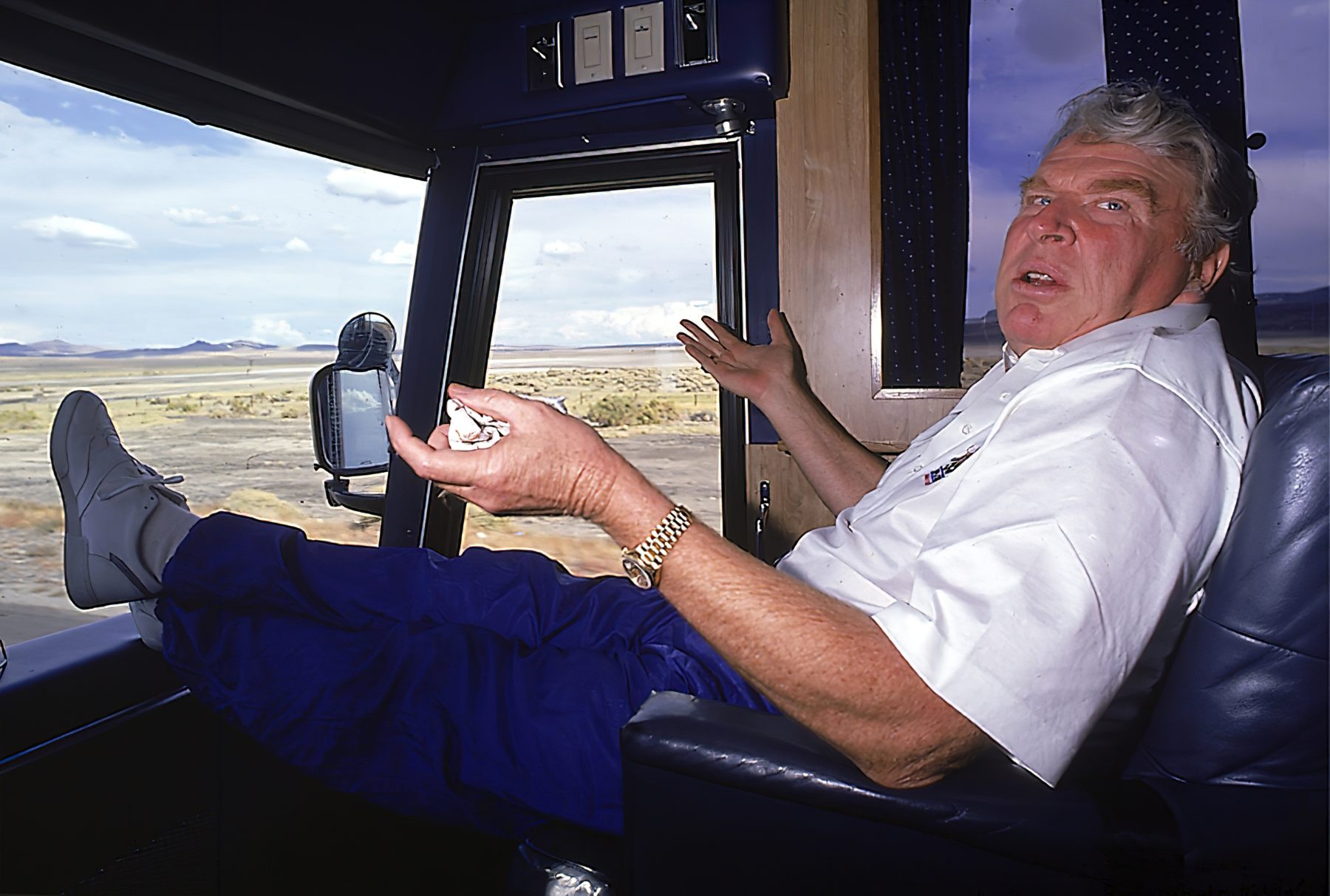Delta Dismisses Low-Cost Transatlantic Threat and 5 Other Aviation Trends This Week

Skift Take

Jet Stream Newsletter
Airline news moves fast. Don’t miss a beat with our weekly airline newsletter. Landing in your inbox on Saturdays.>>European and U.S. airlines years ago underestimated the threat posed by short-haul discount airlines. Since then legacy carriers have treated transatlantic low-cost airlines as serious competitors. But there's reason to believe the low-cost model may not be as appropriate for longer routes. Legacy carriers might be OK this time: Delta CEO Dismisses Threat From Low-Cost Transatlantic Airlines
>>Does the average traveler care whether a U.S. airline CEO made $7 million or $13 million last year? It's highly doubtful. Passengers want to fly a well-run, on-time airline with friendly customer service. How much money the CEO makes is probably immaterial to most customers: These U.S. Airline CEOs Made the Most Money Last Year
>>United's new vice president of loyalty wants to bring more value to MileagePlus customers across a wider spectrum of travelers. He's starting that process by spearheading an overhaul of the company's co-branded credit card: United Loyalty Boss Luc Bondar Relaunches Explorer Card to Compete With Premier Rivals
>>You probably can't blame airlines for delivering a poor in-flight Wi-Fi experience. As United's chief digital officer Linda Jojo says, it's likely impossible for any provider to give passengers a consistent ground-like experience. People forget sometimes they're traveling more than 500 miles at hour, at more than 30,000 feet: Skift Tech Forum Preview: United’s Chief Digital Exec on Fixing In-Flight Wi-Fi
>>Nothing refocuses airline executives like rising fuel prices. If they continue to creep up, expect airlines to cancel more marginal routes: U.S. Airlines Lose Tolerance for Money-Losing Flights as Fuel Prices Rise
>>Travelers board an airplane and expect the Wi-Fi, which is often expensive, to work as it does at home. But it's not as good as at home, and it may never be. Should airlines do a better job of communicating that to customers? Do Airlines Overpromise With In-Flight Wi-Fi?




